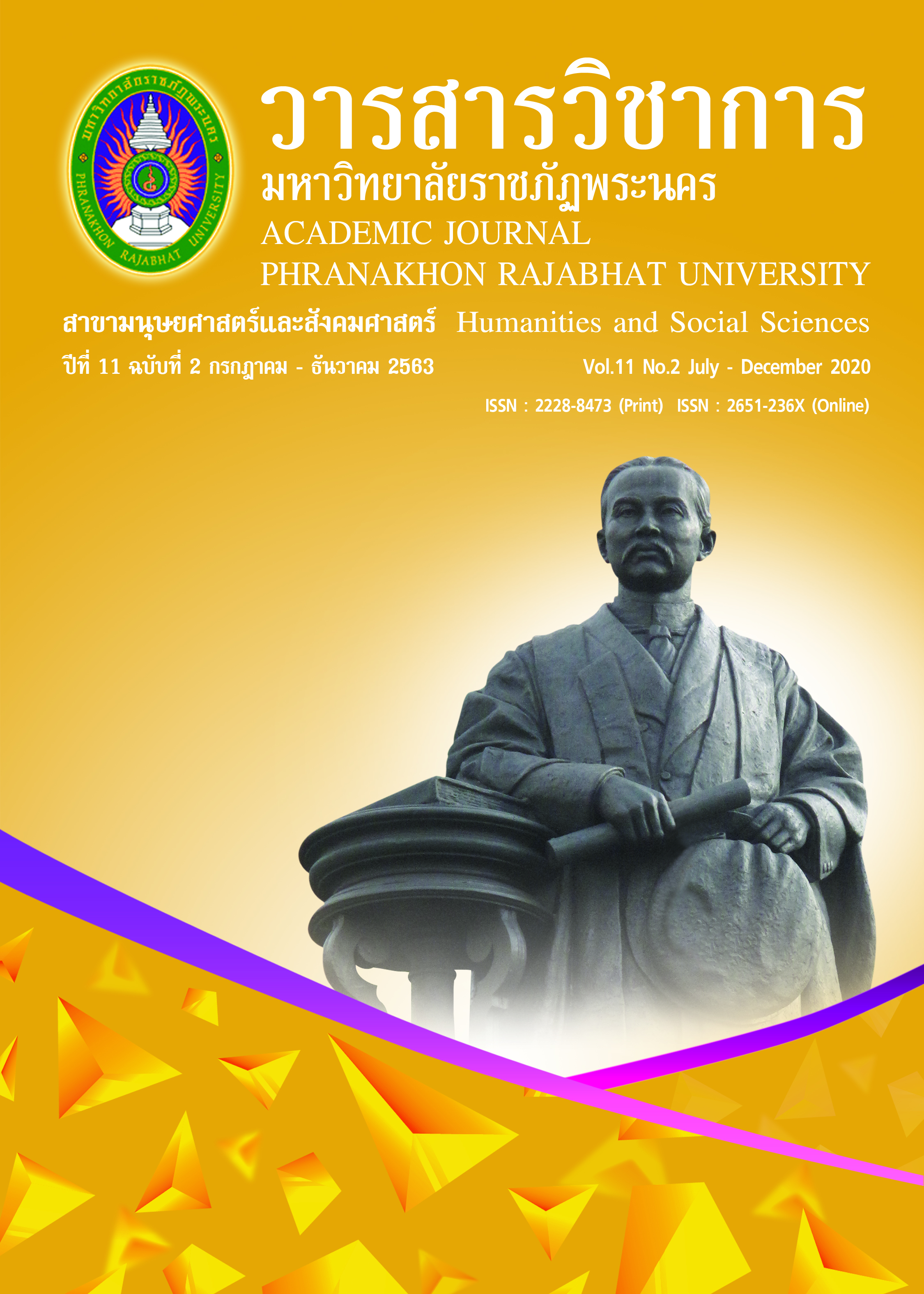Ideas and Guidelines of Learning and Teaching about Science for Science Teachers
Keywords:
science learning management, 21st century, professional development, instructional designAbstract
Science learning management should be focused on curriculum and teacher development which teachers can employ in developing their students to live in 21st century. Consequently, science curriculum and learning management should be emphasized more on process than learning outcomes. This means that students should be practiced in using scientific method to solve the problem and increase science process skills. In professional development, teachers should design appropriate learning activities which are related in their local context, child-centered learning management, and science teacher learning community. Science learning management guidelines should encourage learning process to develop students’ creative thinking through the use of questions to stimulate thinking and decision making. Therefore, the learning management design should enhance the following aspects; 1) authentic learning, 2) mental model building, 3) internal motivation, 4) multiple intelligences and 5) social learning. According to the aspects mentioned earlier, students should responsible for analyzing and practicing their learning by themselves, whereas teachers should facilitate appropriate learning process and develop innovative teaching methods.
References
Chareonrit, S., Polpok, P., & Worakul, P. (2005). Research and Development of Remote Island Schools: A Case Study of Ban Koh Adang School in Satun (Research report). Songkhla: Songkhla Rajabhat University. (in Thai)
Chuchottaworn, P. (2017, June). Solution to Human Resource Problems in Science and Technology to Thailand 4.0. Paper presented at the meeting of the development of human resources in science and technology to Thailand sustainable. Bangkok: Thailand. (in Thai)
Faikhamta, C. (2011). Methods of Teaching Science at Elementary Level. Bangkok: April Rain Printing Co., Ltd. (in Thai)
Faikhamta, C. (2016). Issues and Research Trends in Science Education. Journal of Research Unit on Science, Technology and Environment for Learning. 7(1), 163-183. (in Thai)
Fernandez-Luna, J. M., Huete, J. F., MacFarlane, A. & Efthimiadis, E. N. (2009). Teaching and Learning in Information Retrieval. Information Retrieval. 12(2), 201-226.
Hord, S.M. (1997). Professional Learning Communities: Communities of Inquiry and Improvement. Austin: Southwest Educational Development Laboratory.
Johnson, R.T. & Johnson, D.W. (1994). An overview of cooperative learning. In J. S. Thousand, R.A. Villa & A.I. Nevin (Eds.), Creativity and collaborative learning. Baltimore, Maryland: Paul H. Brookes Publishing Co.
Kaewkanta, M., Chanjarain, I., Chamchantharawong, C., & Monvucharin, P. (2016). School Management in Hill Tribe Primary Schools under the Primary Educational Service Area Office in Chiangrai Province. Journal of Education Khon Kaen University (Graduate Studies Research). 9(2), 106-114. (in Thai)
Khammani, T. (1997). Science of Teaching Pedagogy: Knowledge for Effective Learning. Bangkok, Thailand: Chulalongkorn University Press. (in Thai)
Meekham, J., Topithak, K., & Naka A, N. (2013). Problems and Guidelines of Application for Educational Quality Promotion Project of Border Patrol Police Schools Under the Border Patrol Police Headquarters 31 in Phitsanulok Province. Humanities and Social Sciences Journal of Graduate School, Pibulsongkram Rajabhat University. 7(1), 100-110. (in Thai)
MGR online. (2017, December). Improving Teachers Quality prevent Thai Students’ Low Achievement in Science Subjects. Retrieved July 15, 2018 from https://mgronline.com/live/detail/9600000121659 (in Thai)
Ministry of Education. (2018). Basic Education Curriculum B.E. 2551. Bangkok: The Printing House of Express Transportation Organization of Thailand. (in Thai)
Nuangchalerm, P. (2015). 21st Century Learning in Science. Journal of Rangsit University : Teaching & Learning. 9(1), 136-154. (in Thai)
Panich, V. (2011). Method for Creating Learning to be a 21st Century Disciple. Bangkok: Tathata Publication Co., Ltd. (in Thai)
Sergiovanni, T. J. (1994). Building community in schools. San Francisco: Jossey-Bass
Veeravaitaya, Y. (1996). The Standard "Science Education" in the 21st Century. Kasetsart Educational Review. 11(3), 15-24. (in Thai)
Vygotsky, L. S. (1978). Mind in society: the development of higher psychological processes. Cambridge, MA: Harvard University Press.
Wilson, S. M. (2013). Professional Development for Science Teachers. Science. 340(6130),
310-313.

Downloads
Published
How to Cite
Issue
Section
License
"บทความวิชาการในวารสารฉบับนี้ ถือเป็นความรับผิดชอบของผู้เขียนเท่านั้น"
สงวนลิขสิทธิ์ตามพระราชบัญญัติลิขสิทธิ์



